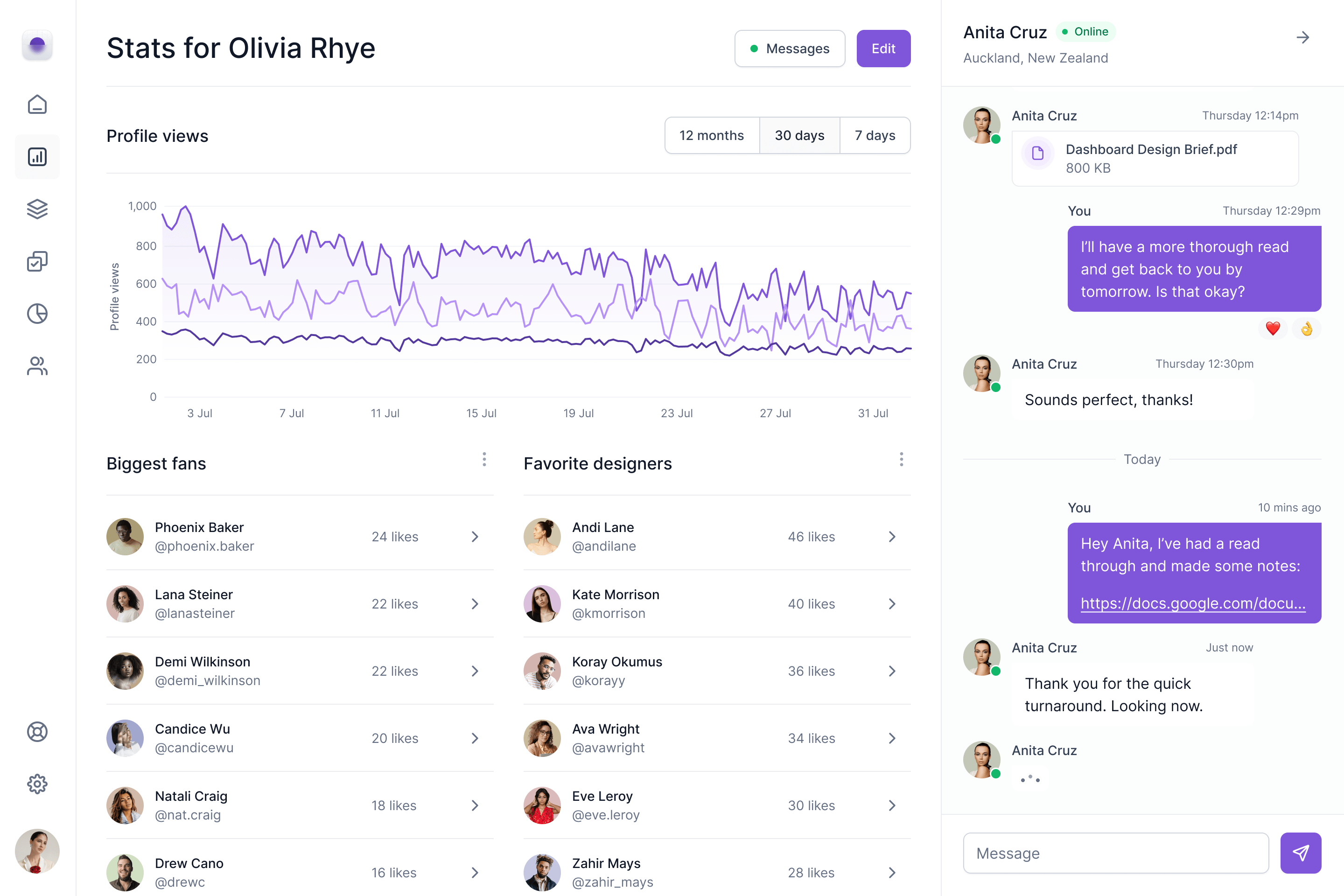Needlestick Injuries: Sharp objects such as needles, broken glass, or other contaminated instruments can puncture the skin and transmit pathogens.
Transmission Risk: The likelihood of infection varies:
Exposure to Hepatitis B (HBV)-infected blood:
6-30%Exposure to Hepatitis C (HCV)-infected blood:
1.8%Exposure to HIV-infected blood:
0.3% (approximately 1 in 300)
It is crucial to be aware of the risks and act quickly when an exposure occurs.For more information on how blood borne pathogens are transmitted, visit:
OSHA Blood borne Pathogens Information
Public Health Ontario Blood borne Infections 